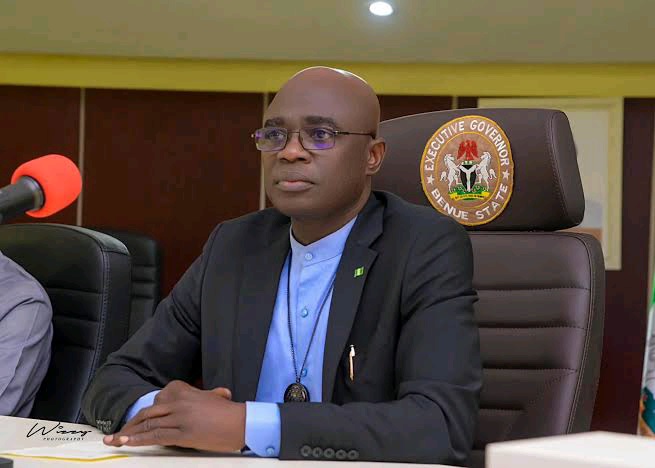By Winnie Onu, Makurdi
The Benue Digital Infrastructure Company (BDIC) has unveiled plan to create over 100,000 digital jobs across Benue State within the next three years as part of its strategy to transform the state’s digital economy.
Group Managing Director of BDIC, Terwase Gbande, made the disclosure on Monday during an interactive session with members of the Nigeria Union of Journalists (NUJ), Benue State Council, in Makurdi.
Gbande said the BDIC, established by the Benue State Government as a Special Purpose Vehicle (SPV) under Governor Hyacinth Alia’s administration, is central to the state’s digital transformation agenda.
“Today, I am pleased to publicly announce BDIC’s commitment to create over 100,000 digital jobs across Benue State within the next three years. This aligns with the economic development vision of His Excellency, Governor Hyacinth Alia,” Gbande said.
According to him, the jobs will be created through digital outsourcing centres and gig work platforms that enable remote employment opportunities for young people across the state.
He said BDIC, since its registration in August 2024, has made strides in digitising government operations, boosting digital infrastructure, and training civil servants.
Some of BDIC’s notable milestones include the deployment of over 10 digital platforms such as the Benue Geographic Information System (BENGIS), Executive Document Management System (EDMS), and the e-Citizen Identity Registration System. Others include a virtual marketplace and integrated revenue collection systems.
Gbande added that over 20 more platforms are currently under development, including the Benue Agricultural Data Management System (BenADAMS), Smart Health and Education systems, and local government automation tools.
He noted that BDIC has deployed fiber-optic broadband to key Ministries, Departments, and Agencies (MDAs) and formed strategic partnerships with institutions like Huawei Technologies, WIPO, UNDP, NITDA, and NCC.
In addition, the company has invested over $170,000 in local manufacturing of digital hardware—such as laptops, tablets, fingerprint scanners, and kiosks—projected to generate ₦6.6 billion in revenue.
On capacity building, Gbande revealed that BDIC has launched the largest digital skills training programme in the state’s history, with over 4,800 public servants already trained and a target of 40,000 trainees across state and local governments.
Gbande also extended a hand of collaboration to journalists, stressing the role of media in shaping digital governance and called on the NUJ to partner with BDIC in building digital capacity among media professionals in the state.

